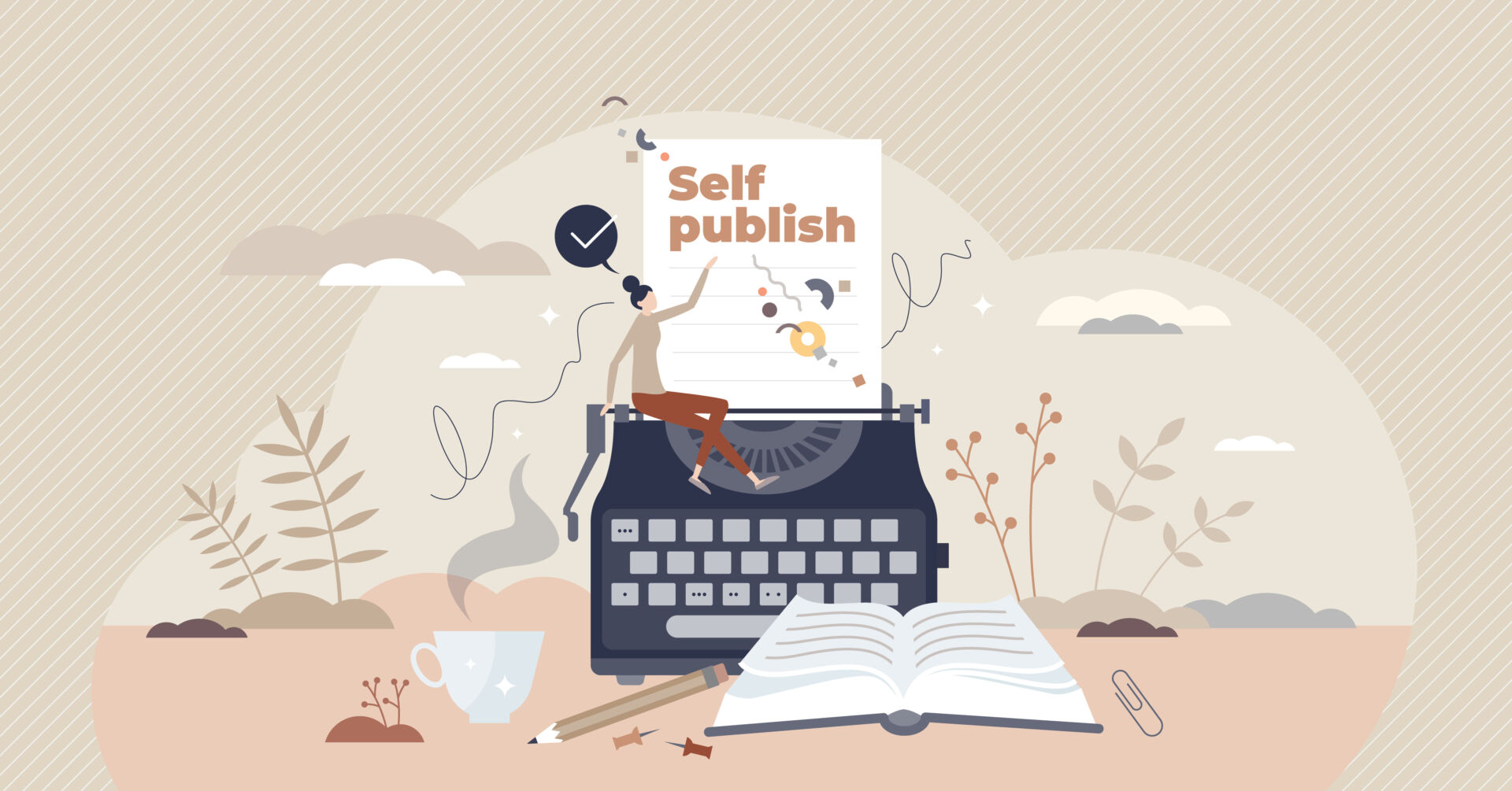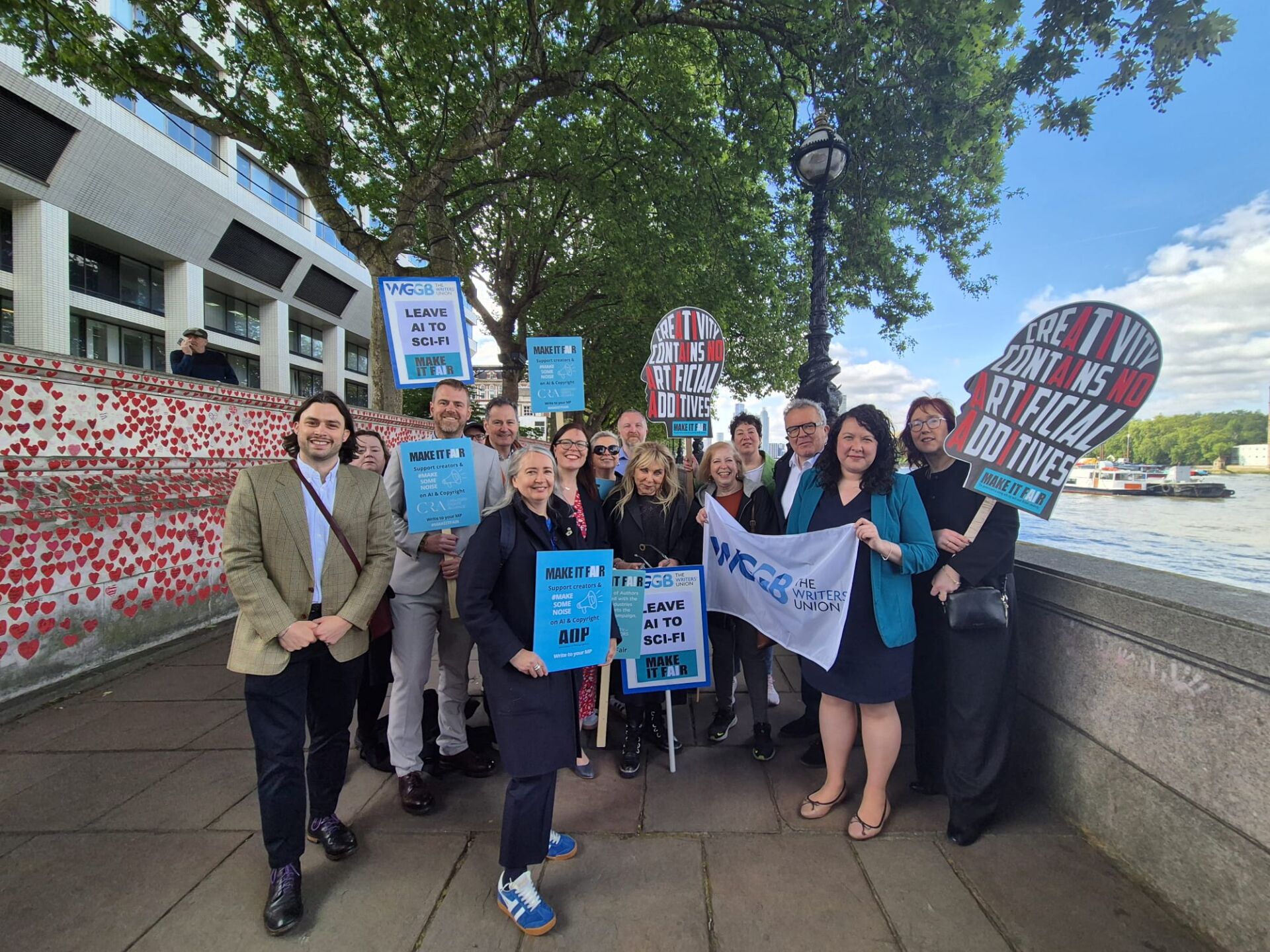
MEPs are due to vote on the final version of the Directive on 25-28 March, and we are hopeful that the UK Government will implement it even if it does not formally come into force until after Brexit.
You can find out more about the Copyright Directive below the template letter.
Template letter
If you can, please customise your letter to include your own experiences. Personal accounts are always most powerful and contrast with automated emails being sent by coordinated campaigns against the Directive. You can find out here who your MEPs are and how to email them.
Dear [insert name of MEP]
I am writing as an [author/poet/scriptwriter/illustrator etc] to urge you to support the Copyright Directive when it returns to the European Parliament later this month.
As you know, this is likely to be the final chance for the Directive to be passed before the UK leaves the European Union. If it does not go through we will have lost a once in a generation opportunity to modernise our copyright law for the digital age and make it fairer for authors and other workers in the creative sector.
The Directive could provide a lifeline for authors and other creators, many of whom are struggling financially and have seen their earnings decrease in recent years. The provisions contained in Articles 14 to 16 (the ‘transparency triangle’) are particularly important to us.
Article 14 will oblige publishers to display greater transparency when sharing information with authors about the exploitation of their works. This will give authors a much clearer idea exactly how their earnings are comprised and will reveal whether or not their rights are being fully exploited by the publisher. If they are not, Article 16a stipulates that authors will be permitted to have these rights reverted. This would enable authors to self-publish their work or offer it to another publisher.
Article 15 of the Directive introduces a ‘bestseller clause’ into legislation. This would apply in exceptional cases where a work sells considerably better than expected and would ensure that the author is entitled to a fair share of the additional profits.
There has been an intense and well-funded campaign against the Directive by large tech companies, whose economic interests have threatened to dwarf the interests of the creative rights owners the Directive’s proposals were intended to protect. A careful reading of the text shows the purported fears of some internet users and multinational corporations are simply misconceived, and that the interests of individuals are expressly balanced against those who own the rights to creative works.
I hope you will not let pass this vital opportunity to promote expression, innovation, fairness and success in the digital age, and that following further debate you will support the Copyright Directive later this month.
Yours sincerely
[Your name]
What is the Copyright Directive?
The Copyright Directive is an important piece of legislation which will strengthen the rights of authors and other creators. Its principal objective is to update copyright law for the digital age, not least by imposing much-needed obligations upon global tech platforms to take greater responsibility for the content they host.
Coverage of the Directive in the press and on social media has mostly centred around Articles 11 and 13. These have also been the source of noisy and well-funded lobbying campaigns by multinational tech companies such as Google and Facebook, who oppose the changes.
Article 11, known as the ‘press publishers’ right’, will force news aggregators such as Google News to obtain licences for the links they post to news sites. At present these platforms use this content for commercial purposes but do not obtain a licence or pay any revenue to publishers. The Directive also specifies that, under the new law, authors should ‘receive an appropriate share of the revenues that press publishers receive for the use of their press publications’.
Article 13 will force online platforms such as YouTube and Facebook to acquire licences for the content they host, and to prevent copyright infringing material from appearing on their sites. This measure aims to address the ‘value gap’, the gap between the value platforms derive from content and the value they pay creators. Under the proposals, platforms would have to negotiate licensing deals with authors and creators and would become liable for the copyright infringement of users.
Whilst public attention has focused on Articles 11 to 13, the most significant proposals in the Directive for authors are contained in Articles 14 to 16 (the ‘transparency triangle’).
Article 14: Transparency obligation
Article 14, known as the ‘transparency obligation’, will oblige publishers to display greater transparency when sharing information with authors about the exploitation of their works.
The Directive states that authors and performers must ‘receive on a regular basis, at least once a year, and taking into account the specificities of each sector up to date, relevant and comprehensive information on the exploitation of their works and performances from those to whom they have licensed or transferred their rights or their successors in title, notably as regards modes of exploitation, all revenues generated and remuneration due.’
This information must be ‘provided in a manner that is comprehensible to the author’ and ‘should allow the effective assessment of the economic value of the rights in question’. This includes rights that have been sub-licensed.
Article 15: Bestseller clause
Article 15 of the Directive introduces a ‘bestseller clause’ into legislation. This would apply in exceptional cases where a work sells considerably better than expected, and would ensure that the author is entitled to a fair share of the additional profits.
The Directive specifies that this ‘remuneration adjustment mechanism’ will apply in cases where ‘the remuneration originally agreed under a licence or a transfer of rights clearly becomes disproportionately low compared to the relevant revenues derived from the subsequent exploitation of the work’. This would most likely take the form of an escalator, whereby the author would receive a higher percentage of publisher revenue on the additional sales.
Article 16a: Reversion right
Article 16a introduces a right of reversion for authors. This means that if a publisher is found not to be exploiting the rights it has been granted, authors will be permitted by law to have these rights reverted. The Directive states that ‘after a reasonable period of time has elapsed, authors and performers should be able to benefit from a mechanism for the revocation of rights allowing them to transfer or license their rights to another person’.
This would enable authors to self-publish their work or offer it to another publisher. This right goes hand in hand with the transparency obligation, which will give authors a much clearer idea of whether or not their rights are being exploited.






